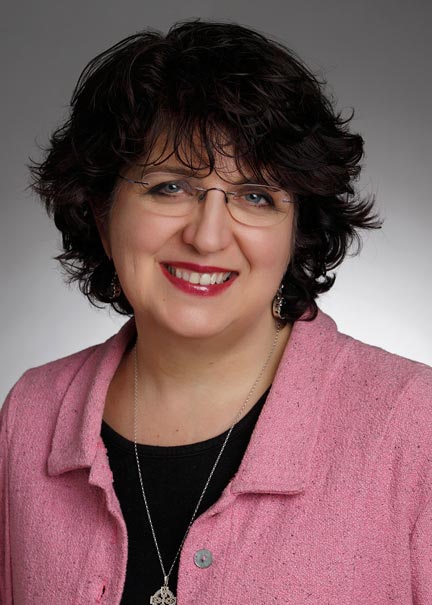Every student legal aid clinic in Ontario is about to get a $100,000 annual funding boost.
 Legal Aid Ontario’s funding increase for each of the seven legal aid clinics run by law schools will allow them to provide additional services to low-income Ontarians and benefit law students with added files.
Legal Aid Ontario’s funding increase for each of the seven legal aid clinics run by law schools will allow them to provide additional services to low-income Ontarians and benefit law students with added files.
One of them is the Queen’s Legal Aid Clinic in Kingston, Ont. It facilitates learning for 90 law students with 50 more working for the specialized clinics under its umbrella.
“We are very pleased for Queen’s Legal Aid to have these funds. Law students take pride in providing high-quality legal services and it’s going to our community, which could not otherwise access the rates,” says Jana Mills, acting senior review counsel at Queen’s Legal Aid.
“We are going to expand our current areas of service to include applications to the Human Rights Tribunal of Ontario and expand representation in employment law cases.”
They also expect to expand all services. Public legal education outreach and initiative will help residents of Kingston “avoid unnecessary and expensive legal interventions,” says Mills. Additionally, new case workers will also be trained and a third review counsel will be hired.
The money will help provide technology and enhance the legal learning process for law students and clients, says Mills. Interviewing via Skype and a new database should streamline legal work she explains.
“It gives the students an opportunity to help... a vulnerable population [while] at the same time receiving hands-on experience,” she says.
Community legal services at the University of Windsor plans to expand the number of review counsel “who will be able to work exclusively in the area of small claims, looking at consumer data issues and wrongful dismissal claims,” says Marion Overholt, executive director of Legal Assistance of Windsor, Community Legal Aid.
Windsor and Essex County have one of the highest unemployment rates, she explains.
“As a result we have seen a rise in situations of precarious employment, so being able to offer workers who lose their job an opportunity to consult with us and determine if they have a claim in terms of wrongful dismissal, that will be beneficial to the community,” says Overholt.
Furthermore, the money will benefit the more vulnerable population, which often becomes tied in contracts detrimental to their interest. Due to the area’s high unemployment rates, pay-day loans and similar schemes are especially rampant in the community, explains Overholt
“This additional money is allowing the review counsel to look at consumer debt situations. [We] will be doing a number of public education workshops advising consumers, particularly seniors [and] newcomers, what their rights are under consumer-protection legislation,” she says “We are really excited that we will be able to broaden our services to the low income community.”
About 90 volunteer law students stand to reap the benefits of working on the extra caseload.
Margaret Capes, counsel at Community Legal Services with Western University in London, Ont., says legal aid revolves around three core areas of law at her clinic, including civil, housing, and criminal.
“We are using this money to increase our overall number of clients we can take in all of those areas, in particular criminal law,” says Capes.
Additionally the clinic is able to hire an articling student this year to help with the additional workload in the criminal law area, as well as a part-time lawyer to assist the full-time criminal lawyer she notes.
“The law students will be able to have a variety of different files to work on while they are with us,” says Capes “the more files we are able to open, the more broad range of types of cases that they can be potentially exposed to.”
The funds may also be used to provide additional administrative assistance to the family law lawyer she adds.
The Community Legal Clinic at the University of Ottawa plans to enhance services in the landlord and tenants agreements.
“It’s the area of law where we have the most demand for services, so often we were not able to provide full representation, we were only in a position to offer summary advice,” says Louise Toone, executive director of the clinic.
While the self-help type of service was useful to some, full representation is certainly an improvement.
“A lot of our clients are either recent immigrants, they don’t speak French or English very well or they have mental health problems, so the kinds of clients who really need representation,” Toone.
Besides legal advice and potential for legal representations the clinic also focuses on educating the vulnerable community members.
“We do a lot of community education,” says Toone. Approximately 100 presentations per year are hosted by the clinic in collaboration with various partners. “We do sessions on legal rights on different topics like discrimination at work or housing.”
Approximately 60 law students enrolled at Ottawa’s Faculty of Law will have a chance to help with the cases during the school year.










